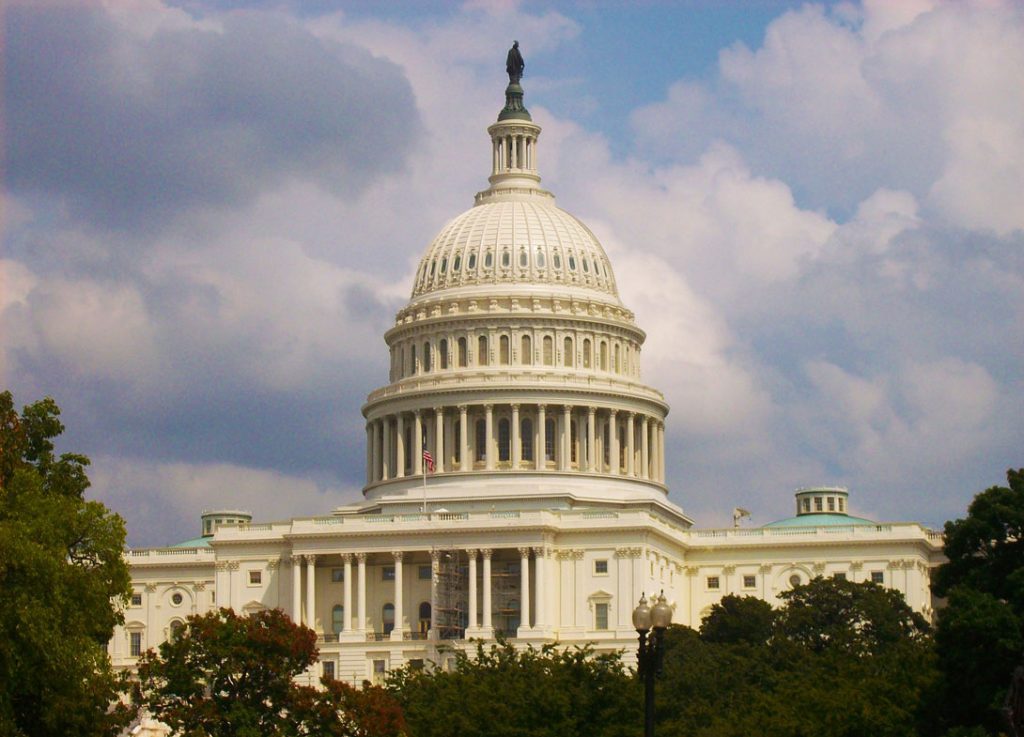
The United States has announced an expansion of sanctions against Iran following recent escalations in the region, particularly Iran’s missile attacks on Israel. The decision comes as part of a broader strategy to address what the US administration describes as Iran’s destabilizing activities across the Middle East.
In a statement, President Biden emphasized that these sanctions are not aimed at the Iranian people but at the regime’s activities that threaten regional stability. ‘We are committed to preventing Iran from furthering its destabilizing actions,’ Mr. Biden said, adding that the US remains open to diplomacy should Iran choose a path of de-escalation.
The Sanctions
The new sanctions target a wide array of individuals and institutions linked to Iran’s missile and drone programs. This includes key figures within the Islamic Revolutionary Guard Corps (IRGC) and entities involved in producing and proliferating unmanned aerial vehicles (UAVs) and ballistic missiles.
The measures are designed to restrict Iran’s ability to finance its military ambitions by freezing assets and limiting financial transactions with the international banking system. The sanctions also aim at sectors indirectly supporting these programs, potentially affecting Iran’s oil exports and refining capabilities.
Iran responds
Iran has condemned the US actions, accusing Washington of hypocrisy and overreach. Iranian officials have vowed to continue supporting what they term ‘resistance movements’ against what they called US and Israeli aggression.
What impact could this decision have?
The broadening of sanctions will likely deepen Iran’s economic isolation, potentially affecting its strained economy. Analysts predict a further decline in Iranian oil exports, which could lead to higher global oil prices if other producers do not compensate for the shortfall. This might also exacerbate internal economic pressures within Iran, including inflation and unemployment.